10 Companies With Lower Tax Rates Than Most Americans

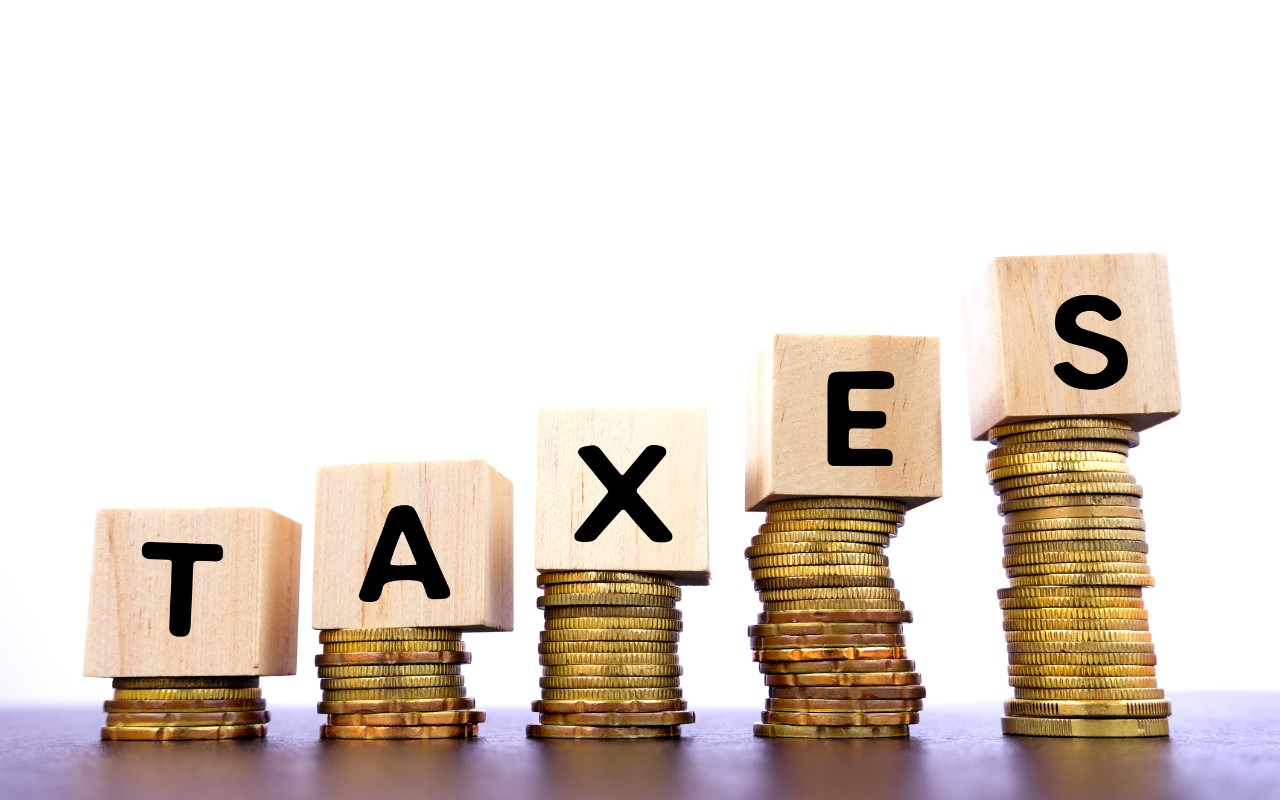
Profit and prosper with the best of Kiplinger's advice on investing, taxes, retirement, personal finance and much more. Delivered daily. Enter your email in the box and click Sign Me Up.
You are now subscribed
Your newsletter sign-up was successful
Want to add more newsletters?

Delivered daily
Kiplinger Today
Profit and prosper with the best of Kiplinger's advice on investing, taxes, retirement, personal finance and much more delivered daily. Smart money moves start here.

Sent five days a week
Kiplinger A Step Ahead
Get practical help to make better financial decisions in your everyday life, from spending to savings on top deals.

Delivered daily
Kiplinger Closing Bell
Get today's biggest financial and investing headlines delivered to your inbox every day the U.S. stock market is open.

Sent twice a week
Kiplinger Adviser Intel
Financial pros across the country share best practices and fresh tactics to preserve and grow your wealth.

Delivered weekly
Kiplinger Tax Tips
Trim your federal and state tax bills with practical tax-planning and tax-cutting strategies.

Sent twice a week
Kiplinger Retirement Tips
Your twice-a-week guide to planning and enjoying a financially secure and richly rewarding retirement

Sent bimonthly.
Kiplinger Adviser Angle
Insights for advisers, wealth managers and other financial professionals.

Sent twice a week
Kiplinger Investing Weekly
Your twice-a-week roundup of promising stocks, funds, companies and industries you should consider, ones you should avoid, and why.

Sent weekly for six weeks
Kiplinger Invest for Retirement
Your step-by-step six-part series on how to invest for retirement, from devising a successful strategy to exactly which investments to choose.
The Tax Cuts and Jobs Act is coming up on its two-year anniversary, which makes it a good time to look at just how much it really changed the landscape for America's biggest firms.
The bottom line? A horde of the nation's largest companies have lower tax rates than most citizens.
The number crunchers at WalletHub analyzed annual reports for the S&P 100 – a blue-chip index of the largest companies in the U.S. stock market – to determine the federal, state and international tax rates they paid in 2018. Although individual companies' tax rates diverge widely, corporate America as a whole is paying much less to Uncle Sam than ever before.
The TCJA, signed by President Donald Trump in late 2017, permanently lowered the federal corporate tax rate to 21% from 35%. Data shows it worked. WalletHub says the overall tax rate (which includes federal, state and international) that S&P 100 companies pay is around 21%, which is more than 15 percentage points lower than they paid in 2017.
To get a sense of how small some of the nation's largest companies' tax bills are, we sorted through the WalletHub data to find the 10 corporations with the lowest overall tax rates. We excluded companies with negative tax rates in 2018 – the idea being that one year's discrete net tax benefit is less likely to be indicative of a company's tax situation going forward. For instance, we don't expect PepsiCo (PEP) to receive a 36.67% annual tax refund in perpetuity.
All of the companies on this list paid a lower federal tax rate (and overall tax rate) than the average American.
Read it and weep.
Stock data is as of Nov. 6. Tax data courtesy of WalletHub and S&P Global Market Intelligence. Cash taxes paid is the cash actually paid by the company to the IRS in a given period net of refunds.
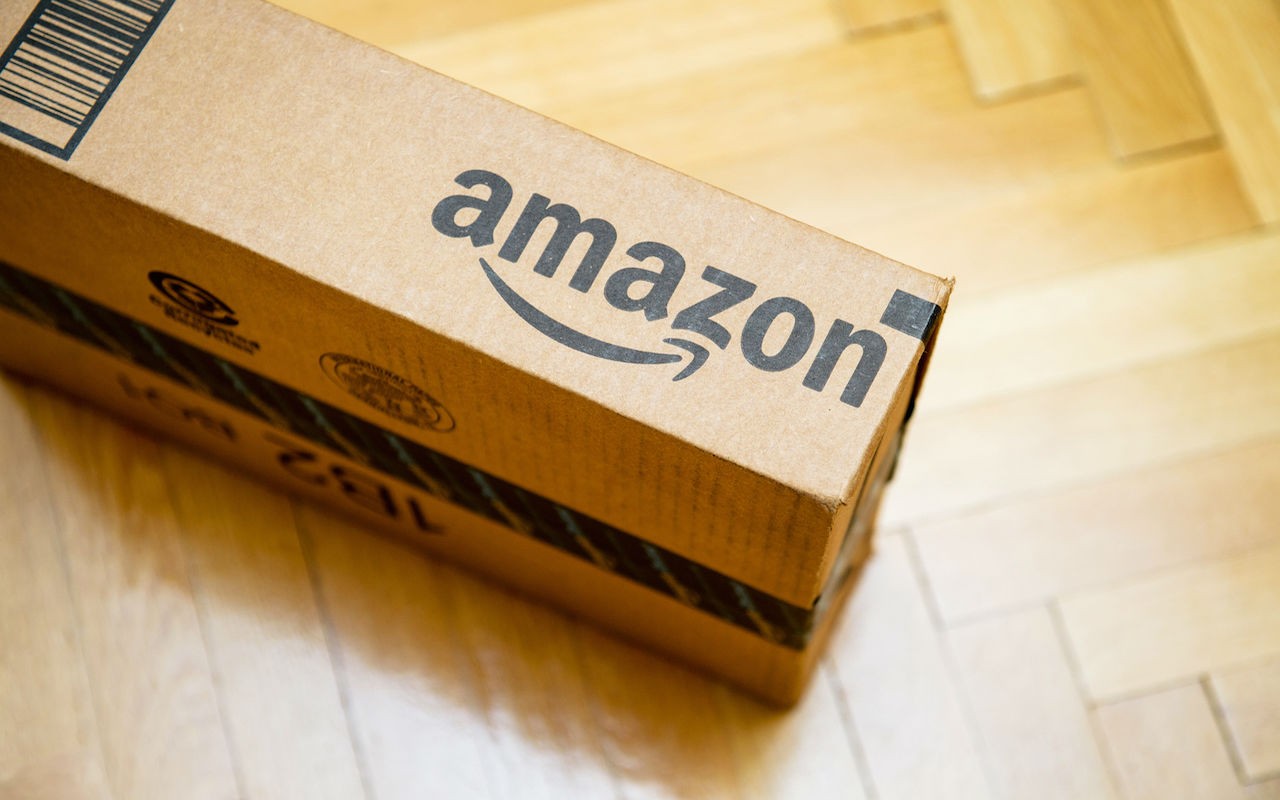
Amazon.com
- Market value: $890.3 billion
- Overall tax rate: 10.63%
- Amazon.com (AMZN, $1,795.77) famously pays very little in taxes. The Institute on Taxation and Economic Policy reports that AMZN paid $0 in federal taxes last year and will owe Uncle Sam precisely nothing in 2019, as well.
Indeed, last year Amazon received a federal income tax rebate of $129 million, which gave the company a negative federal tax rate. Amazon avoids paying federal taxes using a variety of tax credits and tax exemptions that are legal and built into the U.S. federal tax code, experts say.
By WalletHub's reckoning, the e-commerce giant's state, federal and international taxes combined for an overall tax rate of 10.63% last year. That's not nothing, but it's well below the 21% overall tax rate paid by companies in the S&P 100.
AMZN reported net income of $10.1 billion in 2018. It paid $1.2 billion in cash taxes, according to S&P Global Market Intelligence.
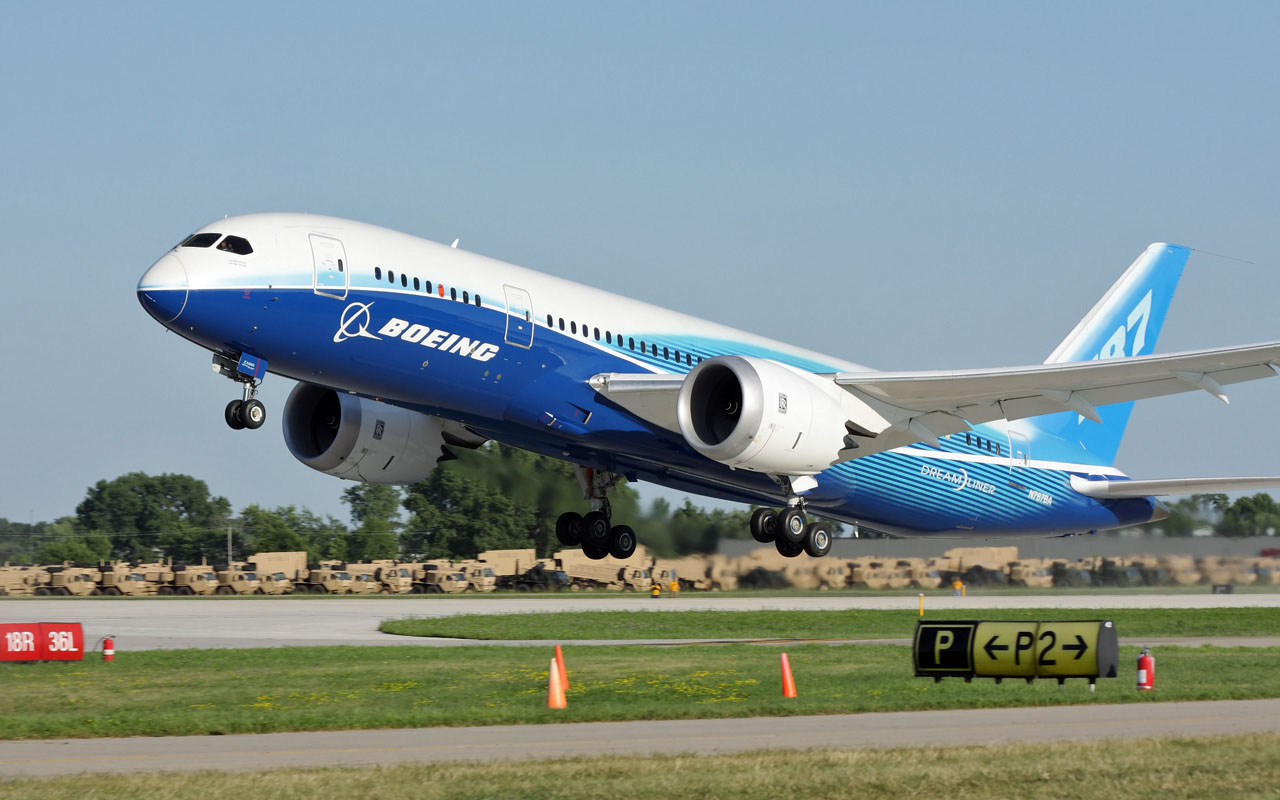
Boeing
- Market value: $199.3 billion
- Overall tax rate: 9.86%
Over the 10 years spanning 2008 and 2017, Boeing (BA, $352.14) paid an effective federal tax rate of just 8.4% on its $54.7 billion of U.S. profits, according to the Institute on Taxation and Economic Policy. That slipped to 7.85% in 2018, according to WalletHub, thanks to Washington's overhaul of federal taxes and federal tax breaks for the aerospace industry.
Boeing also benefits from steep breaks on state taxes. In 2003, Washington state awarded Boeing a package of tax incentives valued at more than $3.2 billion that would last through 2024. In 2013, those incentives were extended through 2040, with a value believed to be around $8.7 billion. In 2018, the aerospace giant's state tax rate came to a skinflint 0.91%.
The company, for its part, notes that it has invested $13 billion in the state of Washington since 2013.
On the international stage, Boeing's tax rate came to 37.67%. Put it all together, and this Dow stock falls into an overall tax burden of less than 10%. As far as actual cash taxes are concerned, S&P Global Market Intelligence data shows Boeing paid $1.3 billion on net income of $10.5 billion in 2018.
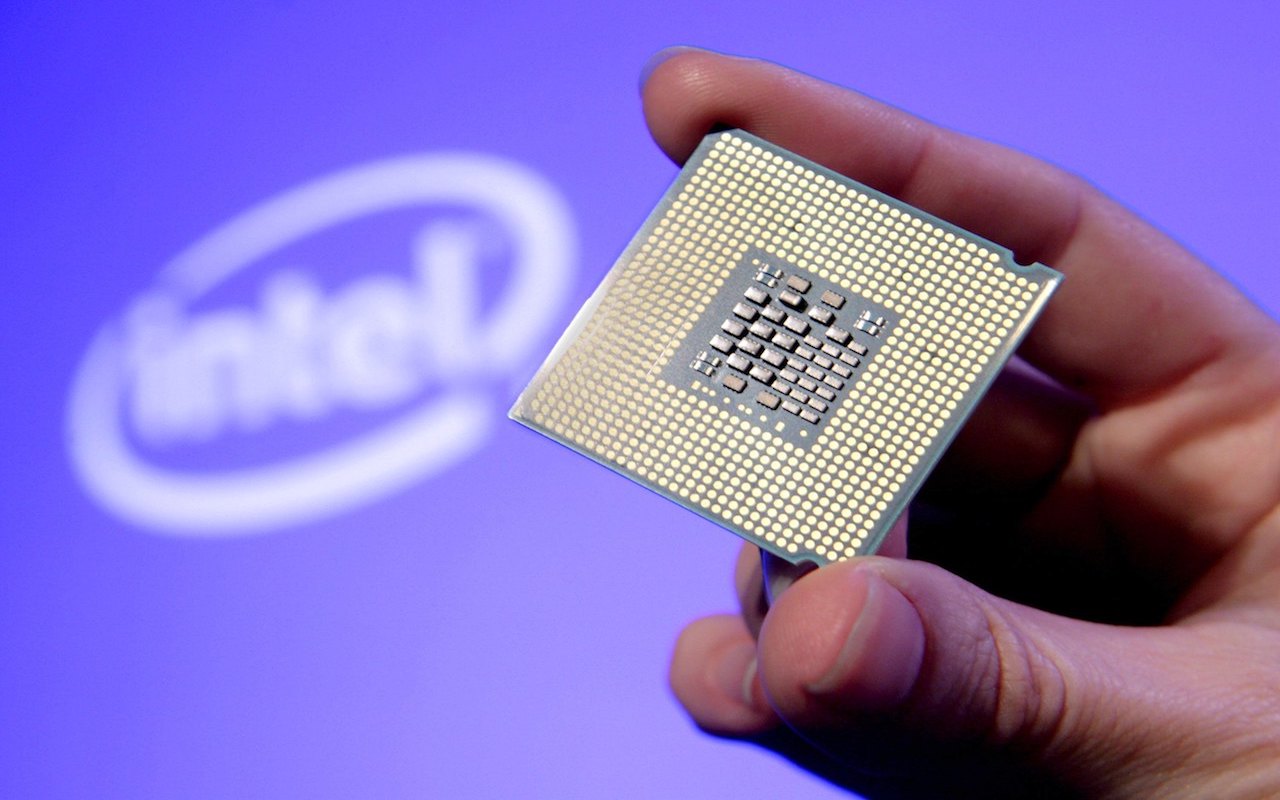
Intel
- Market value: $250.6 billion
- Overall tax rate: 9.71%
- Intel (INTC, $57.60) paid $3.8 billion in cash taxes last year on net income of $21.1 billion. The chip giant's overall tax rate, however, came to just 9.71%.
Intel, which is headquartered in California, enjoys some of the largest corporate tax breaks in the U.S. – from Oregon, where it employs more than 20,000 people. Other items helping to dampen Intel's tax burden include the company's roughly $10 billion annual investment in U.S. research and development. (Companies can deduct the costs of R&D from their taxable income in the year that the costs occur.)
That said, the tide might be turning against INTC on the tax front. Starting in 2022, the federal tax overhaul will require companies to amortize their R&D costs over five years, instead of deducting them immediately each year.
And in June, Intel subsidiary Altera lost a court case to the Internal Revenue Service over the treatment of cost-sharing agreements within corporations. The outcome of the case could cost companies such as Facebook (FB) and Electronic Arts (EA) tens of billions in dollars.
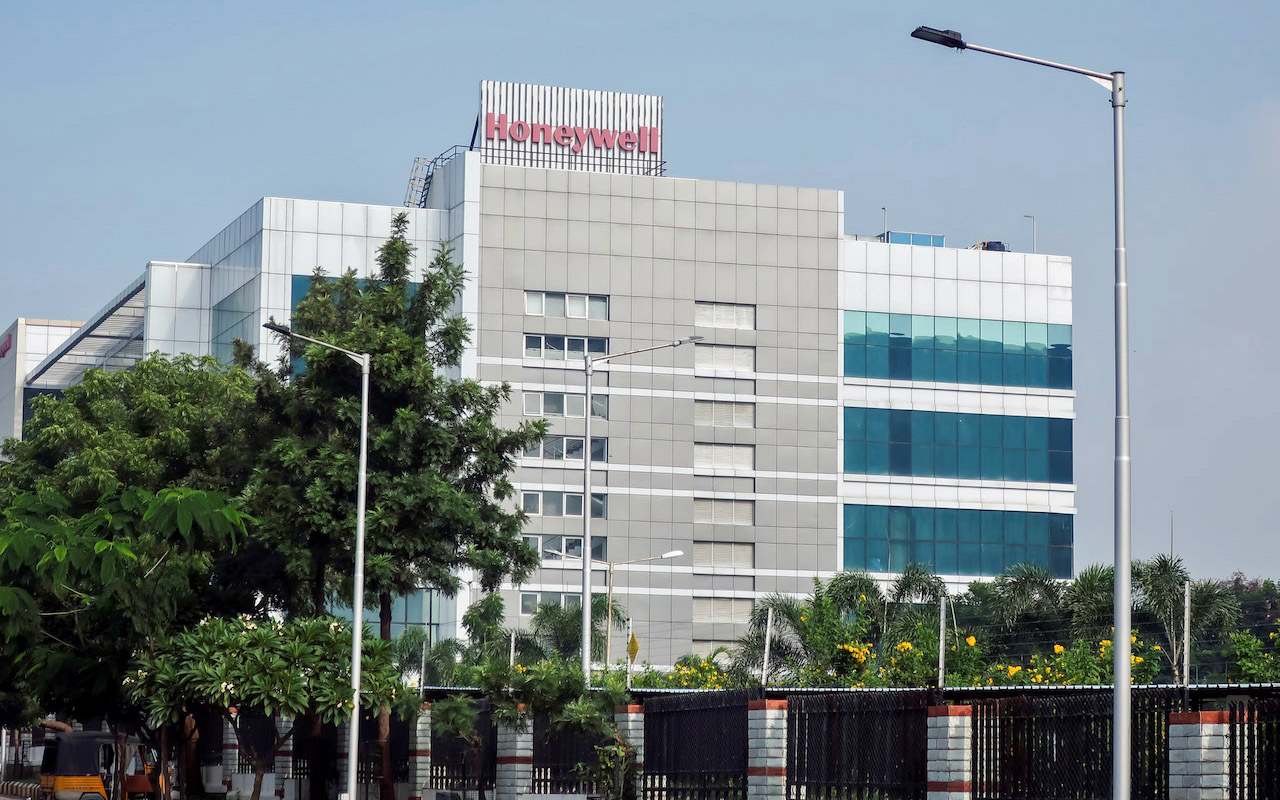
Honeywell
- Market value: $129.2 billion
- Overall tax rate: 8.80%
Major provisions of the U.S. Tax Cuts and Jobs Act are boosting Honeywell's (HON, $180.81) bottom line as it sends less cash to Uncle Sam.
The federal tax rate for the industrial conglomerate – which produces everything from home thermostats and humidifiers to aircraft engines and building management systems – fell to 12.85% in 2018 from 74.34% in 2017, according to WalletHub. The company's overall tax rate plunged to 8.8% from 75.40%.
On the state taxes front, Honeywell in late 2018 decided to move its headquarters to Charlotte, N.C., from New Jersey. In 2015, HON accepted a 10-year, $40 million deal to stay in the Garden State, and Honeywell still will honor the agreement by keeping roughly 1,000 jobs in the state. But North Carolina's largesse was too much to ignore. The Tar Heel State has a flat corporate income tax of 3%, the lowest such rate in the U.S. At the other end of the spectrum sits New Jersey, which has a top rate of 9% for its marginal corporate income tax.
HON paid cash taxes of $1.6 billion in 2018 – down from the $1.8 billion it paid the previous year, according to S&P Global Market Intelligence.

Raytheon
- Market value: $60.0 billion
- Overall tax rate: 8.39%
- Raytheon (RTN, $215.33) immediately saw the benefits of corporate tax cuts last year, which helped boost the bottom line – and allowed RTN to splurge $1.3 billion on stock buybacks. The defense contractor best-known for Tomahawk missile, saw its overall tax rate drop to 8.39% from 35.79% in 2017.
The company also gets a lift from state taxes. Although the federal tax rate declined to 6.91% in 2018 from 34.92% the prior year, state taxes were negligible in both periods. Raytheon's state tax rate was a mere 0.1% in 2018. In 2017, it was essentially zero.
Raytheon was gunning for an $8.4 million state excise tax refund, but that was recently shot down by the Appeals Court of Massachusetts for, essentially, being late to apply. But RTN isn't hurting. Raytheon paid a total of just $17 million in cash taxes in 2018, according to S&P Global Market Intelligence, against $2.9 billion in net income.
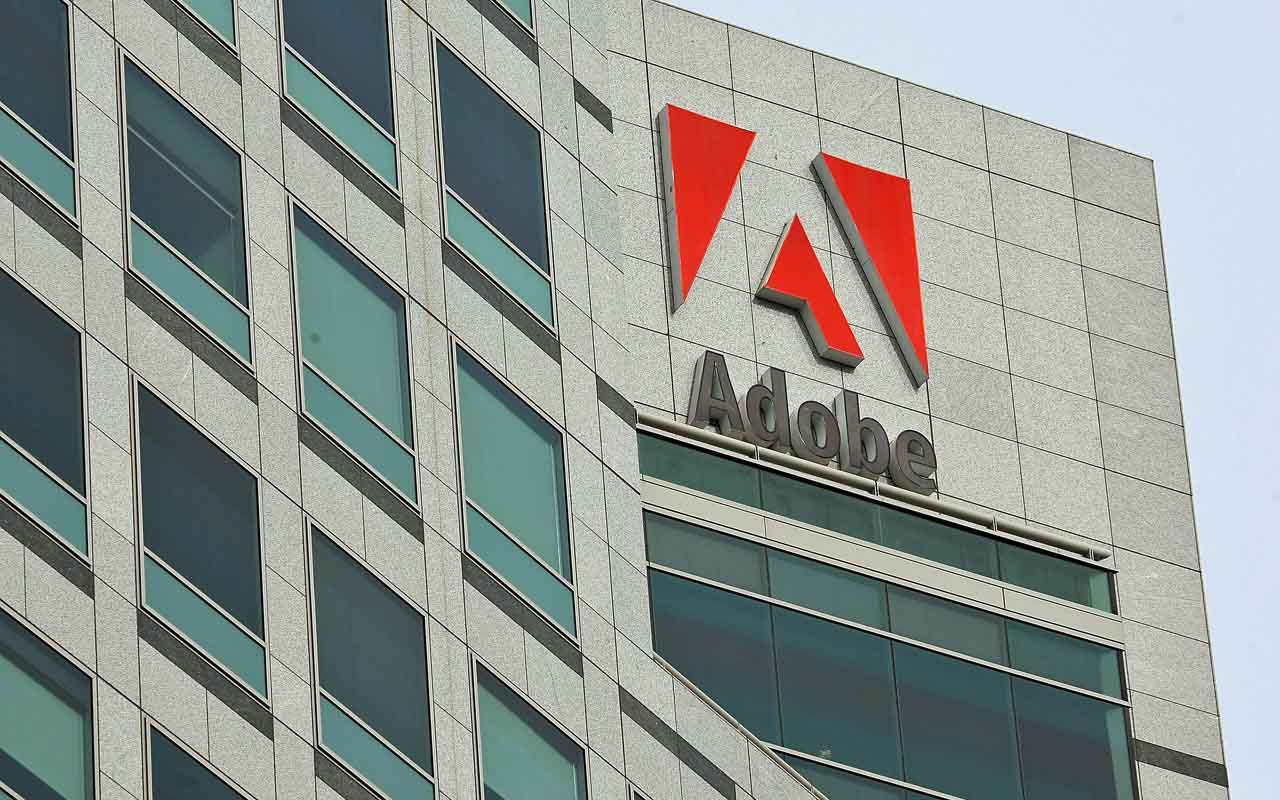
Adobe
- Market value: $139.1 billion
- Overall tax rate: 7.27%
- Adobe (ADBE, $287.40), which dominates the market for software for creative types, had an overall tax rate of just 7.27% last year.
A breakdown reveals that Adobe's tax rate is enviably low across the board. It had a federal tax rate of 6.48%, a state tax rate of 6.88% and an international tax rate of 5.8%, according to WalletHub. The net effect makes ADBE one of the five lowest corporate taxpayers among S&P 100 companies that pay any taxes.
Indeed. In 2018, the software colossus paid cash taxes of only $210 million, down from $397 million the previous year, according to S&P Global Market Intelligence.
The low impact of taxes is a welcome relief for shareholders, who are concerned that Adobe could report annual revenue growth of less than 20% in calendar 2020, down from 24% in 2018, note analysts at Canaccord Genuity.
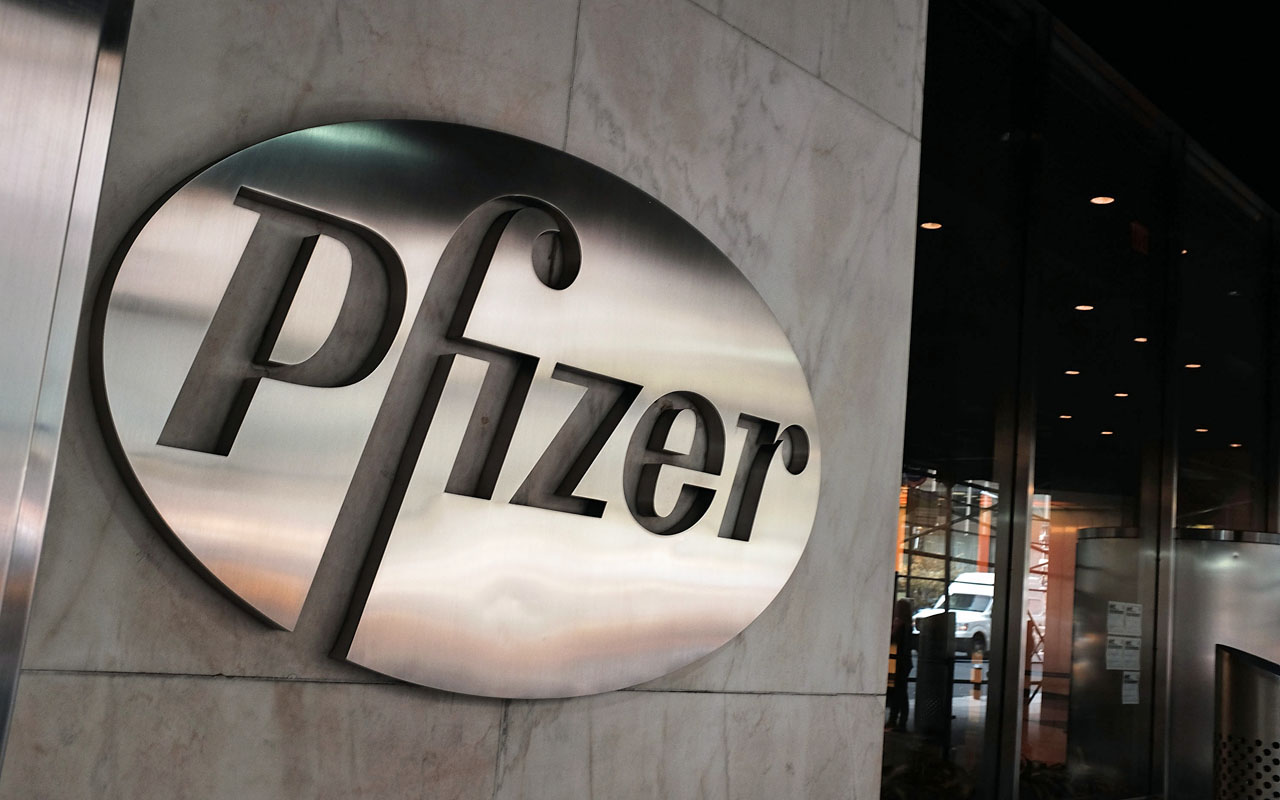
Pfizer
- Market value: $208.0 billion
- Overall tax rate: 5.95%
- Pfizer (PFE, $37.25) recorded a $10.7 billion gain from the tax overhaul in early 2018. Funnily enough, investors were hoping for an even bigger drop in its corporate tax bill stemming from the Tax Cuts and Jobs Act.
The pharmaceutical giant plans to pay around $15 billion in taxes over the next eight years as it repatriates its cash held overseas.
Pfizer's overall tax rate came to just 5.95% in 2018 because a net loss saved the company from paying state and federal taxes. Its international tax rate came to 13.96%, according to WalletHub. In 2017, negative income spared it from state and federal taxes. Net tax benefits gave PFE a negative overall tax rate of 73.54%.
Be that as it may, deferred taxes and other monies owed to the IRS led Pfizer to pay $3.7 billion in cash taxes last year, according to S&P Global Market Intelligence.
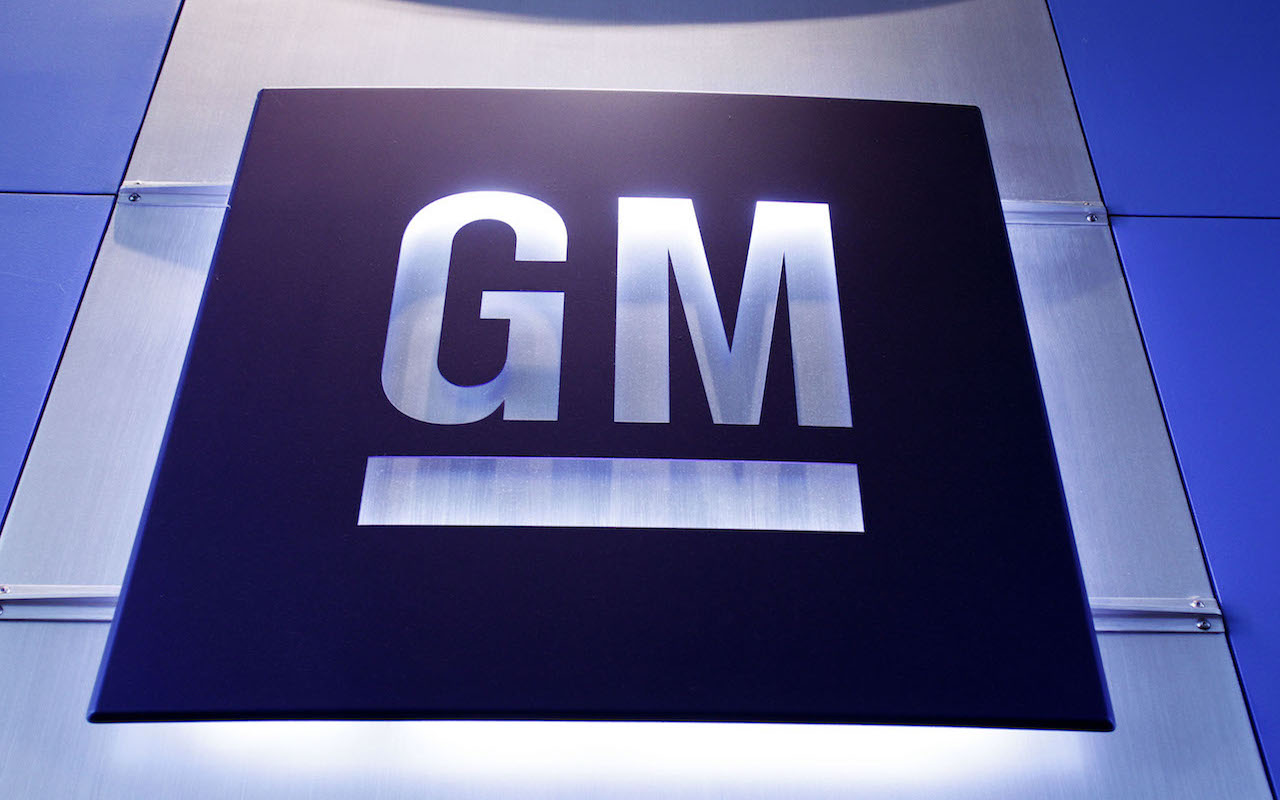
General Motors
- Market value: $54.9 billion
- Overall tax rate: 5.54%
- General Motors (GM, $38.42) famously paid little to no federal taxes for years, and the situation is expected to continue for another five years.
In 2018, for example, the automaker recorded $4.3 billion in U.S. income and received a federal tax refund of $104 million. This enviable situation stems from the huge losses GM incurred prior to its 2009 bankruptcy filing.
The tax code allows net losses to be carried forward and applied to future profits, reducing tax liability. The popular tax break is intended to help companies get back on their feet after suffering net losses.
General Motors gets a big break from Uncle Sam; nevertheless, it still pays state and international taxes. The company's state tax rate came to 8.19% in 2018 vs. a net tax benefit in 2017. Its international tax rate declined to 40.60% from 284.38%, according to WalletHub.
GM paid cash taxes of $660 million in 2018, according to S&P Global Market Intelligence.

Exelon
- Market value: $43.6 billion
- Overall tax rate: 5.38%
- Exelon (EXC, $44.82) boasts the second-lowest tax rate of any company in the S&P 100 in 2018%. Zero-emissions credit revenue in New York, New Jersey and Illinois, as well as savings from the Tax Cuts and Jobs Act of 2017, helped to lighten its tax load.
Exelon’s overall tax rate was as high as 38.26% as recently as 2016, and it paid 32.18% in 2015. Today, it stands at just 5.38%.
Around this time last year, an appeals court affirmed that Exelon dodged about $1 billion in taxes related to the sale of a coal plant in 2000. The decision didn't affect the company's bottom line, however, because it already paid back taxes, interest and penalties on money owed to the IRS.
In 2018, Exelon paid cash taxes of just $95 million on net income of $2 billion, according to S&P Global Market Intelligence.
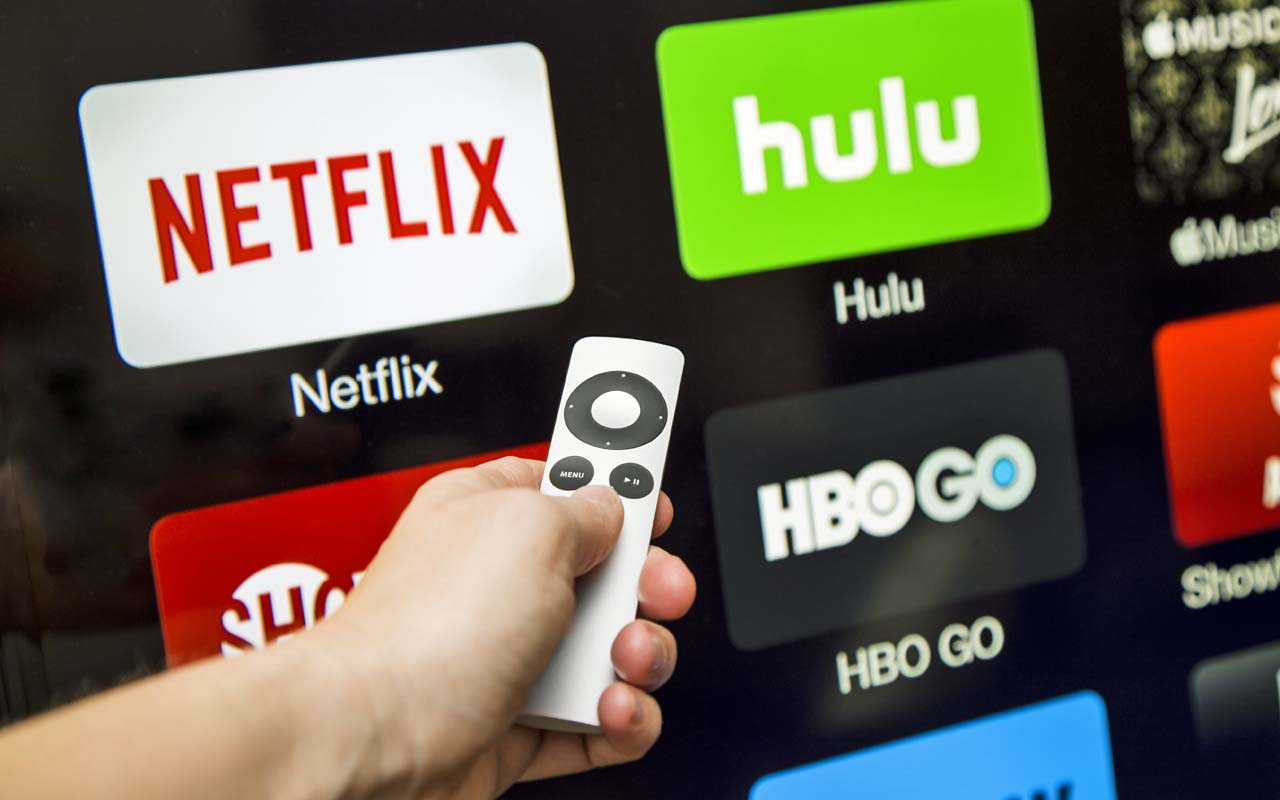
Netflix
- Market value: $126.5 billion
- Overall tax rate: 1.24%
- Netflix (NFLX, $288.59), the mammoth streaming media and production giant, had the lowest overall tax rate among the massive companies in the S&P 100 last year, WalletHub says.
Negative state and federal tax rates of 7.41% and 7.05%, respectively, almost completely offset an international tax rate of 36.06%.
Although Netflix booked a 2018 U.S. profit of $845 million, according to the Institute on Taxation and Economic Policy, it received money back from state and federal tax authorities. It's unclear how that came to be, but one possibility is that NFLX was able to claim a tax credit on some of its foreign earnings to avoid double taxation. In other words, that 36% international tax rate allowed Netflix to claim a refund in the U.S.
Indeed, Netflix has benefitted from the vagaries of tax codes both in the U.S. and abroad. In 2018, NFLX received a 57,000-euro tax rebate (roughly $63,000) from the U.K. government.
Profit and prosper with the best of Kiplinger's advice on investing, taxes, retirement, personal finance and much more. Delivered daily. Enter your email in the box and click Sign Me Up.

Dan Burrows is Kiplinger's senior investing writer, having joined the publication full time in 2016.
A long-time financial journalist, Dan is a veteran of MarketWatch, CBS MoneyWatch, SmartMoney, InvestorPlace, DailyFinance and other tier 1 national publications. He has written for The Wall Street Journal, Bloomberg and Consumer Reports and his stories have appeared in the New York Daily News, the San Jose Mercury News and Investor's Business Daily, among many other outlets. As a senior writer at AOL's DailyFinance, Dan reported market news from the floor of the New York Stock Exchange.
Once upon a time – before his days as a financial reporter and assistant financial editor at legendary fashion trade paper Women's Wear Daily – Dan worked for Spy magazine, scribbled away at Time Inc. and contributed to Maxim magazine back when lad mags were a thing. He's also written for Esquire magazine's Dubious Achievements Awards.
In his current role at Kiplinger, Dan writes about markets and macroeconomics.
Dan holds a bachelor's degree from Oberlin College and a master's degree from Columbia University.
Disclosure: Dan does not trade individual stocks or securities. He is eternally long the U.S equity market, primarily through tax-advantaged accounts.
-
 How Much It Costs to Host a Super Bowl Party in 2026
How Much It Costs to Host a Super Bowl Party in 2026Hosting a Super Bowl party in 2026 could cost you. Here's a breakdown of food, drink and entertainment costs — plus ways to save.
-
 3 Reasons to Use a 5-Year CD As You Approach Retirement
3 Reasons to Use a 5-Year CD As You Approach RetirementA five-year CD can help you reach other milestones as you approach retirement.
-
 Your Adult Kids Are Doing Fine. Is It Time To Spend Some of Their Inheritance?
Your Adult Kids Are Doing Fine. Is It Time To Spend Some of Their Inheritance?If your kids are successful, do they need an inheritance? Ask yourself these four questions before passing down another dollar.
-
 Nasdaq Slides 1.4% on Big Tech Questions: Stock Market Today
Nasdaq Slides 1.4% on Big Tech Questions: Stock Market TodayPalantir Technologies proves at least one publicly traded company can spend a lot of money on AI and make a lot of money on AI.
-
 Dow Rises 313 Points to Begin a Big Week: Stock Market Today
Dow Rises 313 Points to Begin a Big Week: Stock Market TodayThe S&P 500 is within 50 points of crossing 7,000 for the first time, and Papa Dow is lurking just below its own new all-time high.
-
 Nasdaq Leads Ahead of Big Tech Earnings: Stock Market Today
Nasdaq Leads Ahead of Big Tech Earnings: Stock Market TodayPresident Donald Trump is making markets move based on personal and political as well as financial and economic priorities.
-
 11 Stock Picks Beyond the Magnificent 7
11 Stock Picks Beyond the Magnificent 7With my Mag-7-Plus strategy, you can own the mega caps individually or in ETFs and add in some smaller tech stocks to benefit from AI and other innovations.
-
 Dow Dives 870 Points on Overseas Affairs: Stock Market Today
Dow Dives 870 Points on Overseas Affairs: Stock Market TodayFiscal policy in the Far East and foreign policy in the near west send markets all over the world into a selling frenzy.
-
 States That Tax Social Security Benefits in 2026
States That Tax Social Security Benefits in 2026Retirement Tax Not all retirees who live in states that tax Social Security benefits have to pay state income taxes. Will your benefits be taxed?
-
 Stocks Struggle for Gains to Start 2026: Stock Market Today
Stocks Struggle for Gains to Start 2026: Stock Market TodayIt's not quite the end of the world as we know it, but Warren Buffett is no longer the CEO of Berkshire Hathaway.
-
 Stocks Extend Losing Streak After Fed Minutes: Stock Market Today
Stocks Extend Losing Streak After Fed Minutes: Stock Market TodayThe Santa Claus Rally is officially at risk after the S&P 500's third straight loss.
